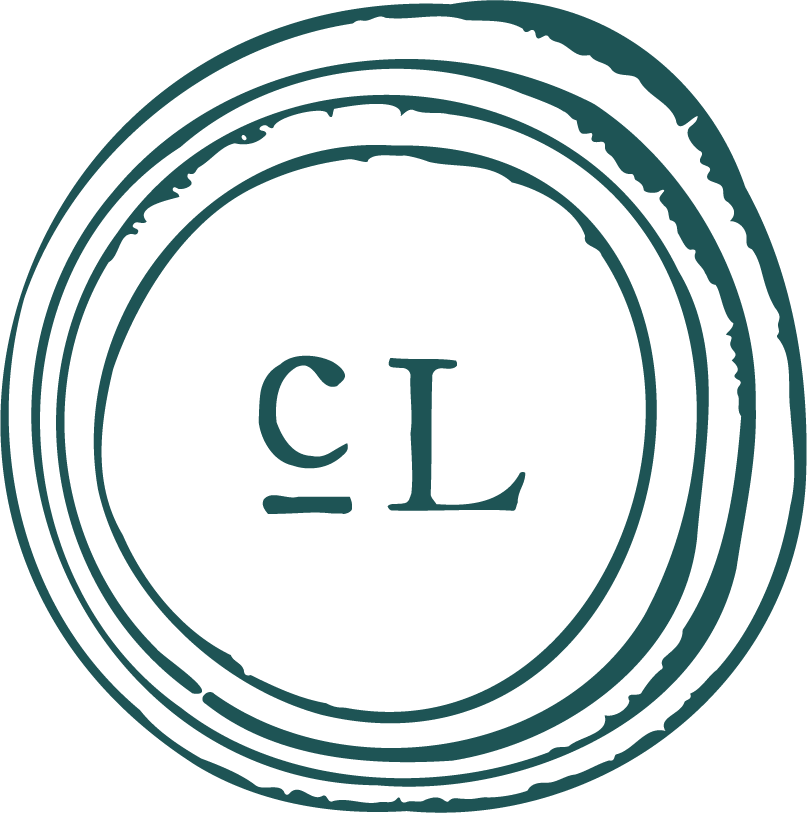Hypertension aka High Blood Pressure: What is it and What can you do?
According to the Centers for Disease Control, nearly half of adults in the United States have high blood pressure.
Blood pressure is a measure of the force inside the artery that determines the flow of blood, oxygen, and nutrients throughout the body after it leaves the heart. High blood pressure, or hypertension, is defined as having a systolic blood pressure over 130 mm Hg or a diastolic blood pressure over 80 mm Hg. Systolic blood pressure is the top number in a blood pressure reading and relates to the phase of the heartbeat when the heart muscle contracts and pumps blood from the chambers into the arteries. Diastolic blood pressure is the bottom number in a blood pressure reading and is the pressure in the arteries when the heart rests between beats. High blood pressure is the consequence of the arteries responding to insult.
Blood pressure is analogous to water moving through a hose. When the hose is narrow or there is a kink in it, the water pressure will be high as it moves through. When the hose is wide and without restriction, the force of water on the interior of the hose is less. Such as it is with blood as it moves through arteries.
One high blood pressure reading does not necessarily mean you have high blood pressure. The most accurate way to evaluate blood pressure is through a 24-hour monitor worn at home although I have never, in over 20 years of clinical experience, heard of a woman evaluating her blood pressure this way..
High blood pressure damages the arteries and the heart. When the arteries narrow or become rigid and decrease blood flow, the heart has to work harder to circulate blood throughout the body. Damage to the arteries and heart ultimately increases the risk for heart attack, heart failure, stroke, coronary heart disease, heart failure, and kidney disease.
High blood pressure is the blood vessels response to one, or more than one, of three insults:
Inflammation - Our bodies response to contain, remove, and kill bacteria, viruses and other insults like exposure to toxins. Inflammation can occur in the artery, causing high blood pressure and damage to the arteries.
Oxidative Stress - High blood pressure can be the result of a build up of unstable molecules that damage cells and not enough antioxidants to defend them.
Vascular immune dysfunction - Chronic Inflammation that triggers the immune system in the blood vessels can cause high blood pressure.
Things that can help:
Maintain an ideal body weight, body fat, and belly fat.
Exercise at least 4 days per week for 1 hour each day including aerobic and strength training.
Get at least 8 hours of sleep a night.
Reduce dietary salt to less than 2,000 mg a day.
Increase potassium in your diet to at least 5,000 mg/day.
Increase magnesium in your diet.
Consume six servings of vegetables and six servings of fruit a day.
Reduce stress.
Stop tobacco use.
Stop caffeine if you metabolize it slowly.
These recommendations are from Controlling High Blood Pressure Through Nutrition, Nutritional Supplements, Lifestyle, and Drugs by Mark C. Houston, MD and Lee Bell which I recommend reading if high blood pressure is of concern to you.
High blood pressure is one way the body expresses something is awry. Suring up your lifestyle in terms of nutrition, movement, and stress management stands to improve not only your blood pressure but your overall health as well.

